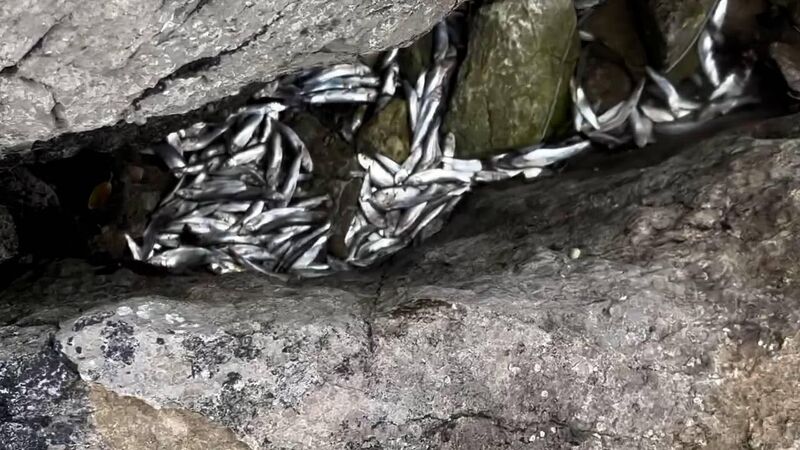Minister pledges stronger laws and clearer response after massive Cork fish kill

In August, tens of thousands of fish died in the River Blackwater due to a chemical pollutant in the water
Minister for fisheries Timmy Dooley has said he is “owning the problem” following the fallout from the major fish kill in Cork, and will bring forward legislative proposals for a “future system” to address similar incidents.
Speaking to Philip Boucher-Hayes on , Mr Dooley said he had written to the chair of Inland Fisheries Ireland (IFI) this week regarding fines and penalties for those polluting waterways, as well as the report on the interagency response to the Blackwater incident.















